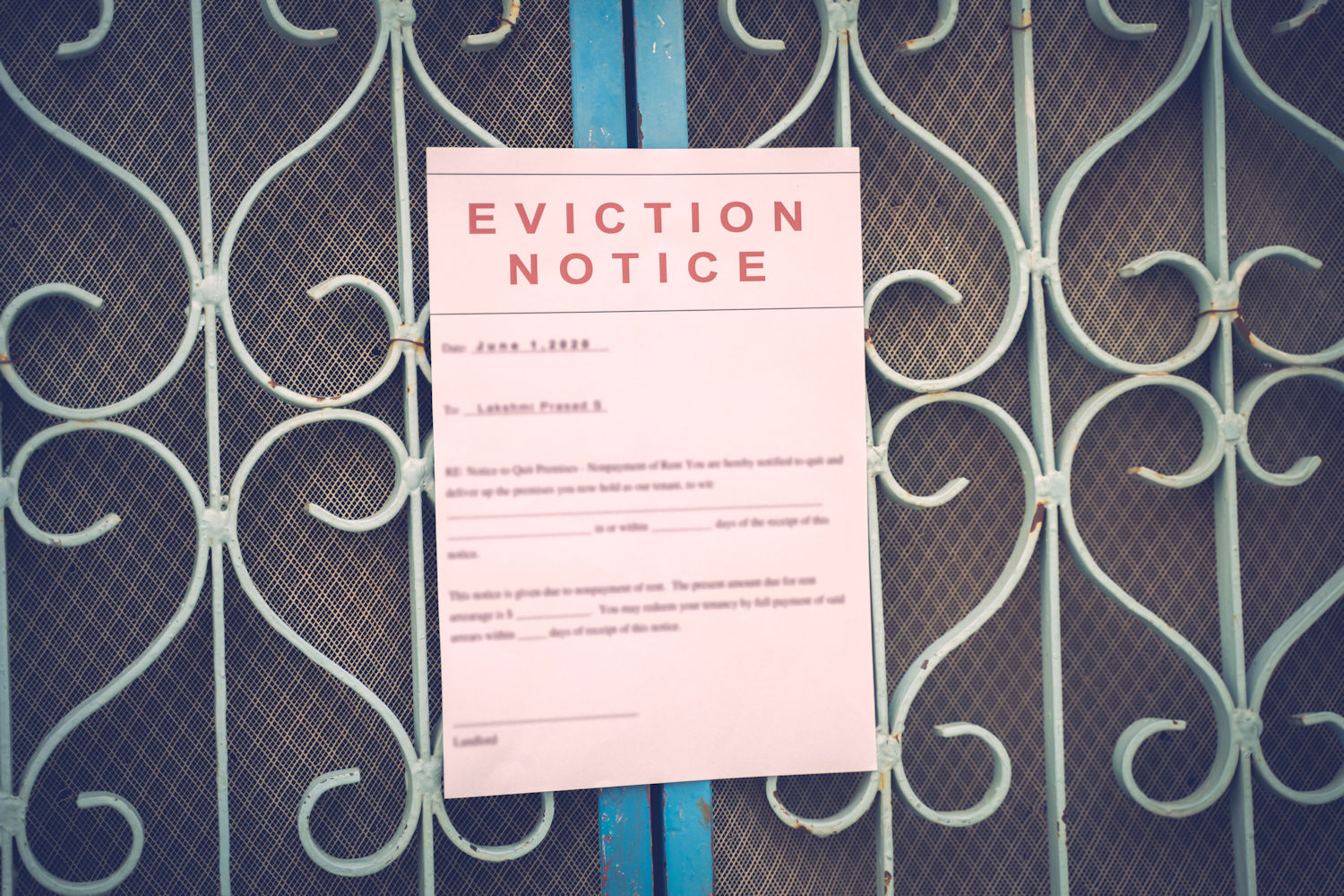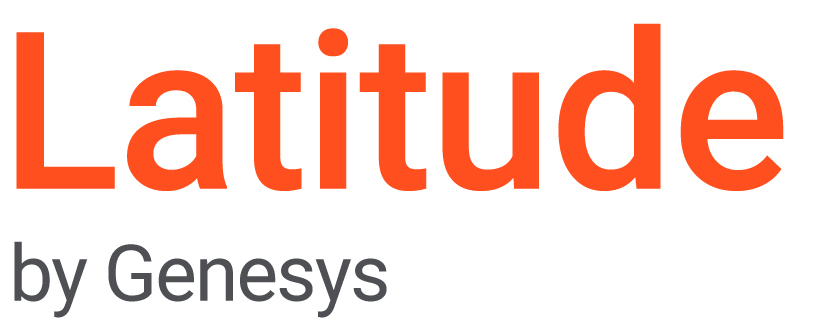Debt is a specter that looms large in many American lives, particularly in poverty-stricken areas. The burden of debt can create an endless cycle of financial hardship, making it nearly impossible for individuals to break free and improve their economic situation. However, in a refreshing break from the status quo, both Democrats and Republicans are joining forces to address this pressing issue, especially when it comes to fighting debt in poverty-stricken areas.
According to data shared by Small Town American Media, medical debt is one of the leading causes of financial stress for many families, especially those residing in low-income communities. The situation is amplified by the fact that these communities often have the least access to quality healthcare and financial resources to begin with. This has led to an alarming rise in debt, creating a critical need for solutions that can alleviate this escalating crisis.
As stark as this reality might be, the silver lining comes in the form of newfound bipartisan support. Both Democratic and Republican leaders are recognizing the urgency of addressing this issue, stepping beyond the political divide to bring about tangible change in the effort of fighting debt in poverty-stricken areas.
Democrats, traditionally proponents of social welfare programs, are pushing for policies that would increase access to affordable healthcare, reduce the cost of prescription drugs, and provide more substantial aid to low-income families in managing their debt.
Republicans, on the other hand, have generally leaned towards market-based solutions. However, recognizing the severity of the debt problem in poverty-stricken areas, they are now advocating for reforms in healthcare pricing, more transparency from healthcare providers, and supporting community-based financial education initiatives.
What’s noteworthy is the shared recognition that traditional approaches have fallen short. Both sides of the aisle are converging towards holistic solutions. This includes integrating financial literacy education into school curriculums, enforcing stricter regulations on predatory lending practices, and providing tax incentives for businesses that offer affordable healthcare plans to their employees.
The struggle with fighting debt in poverty-stricken areas is undeniably immense. Yet, the newfound unity between Democrats and Republicans brings hope. It signifies a move towards constructive, bipartisan dialogue and action that could create impactful and long-lasting solutions.
While debt remains a daunting issue for many Americans, especially those in poverty-stricken areas, the growing bipartisan support for debt-relief measures and policy reforms presents a ray of hope. By prioritizing empathy and cooperation over political differences, we can pave the way to a more financially secure future for all Americans.







